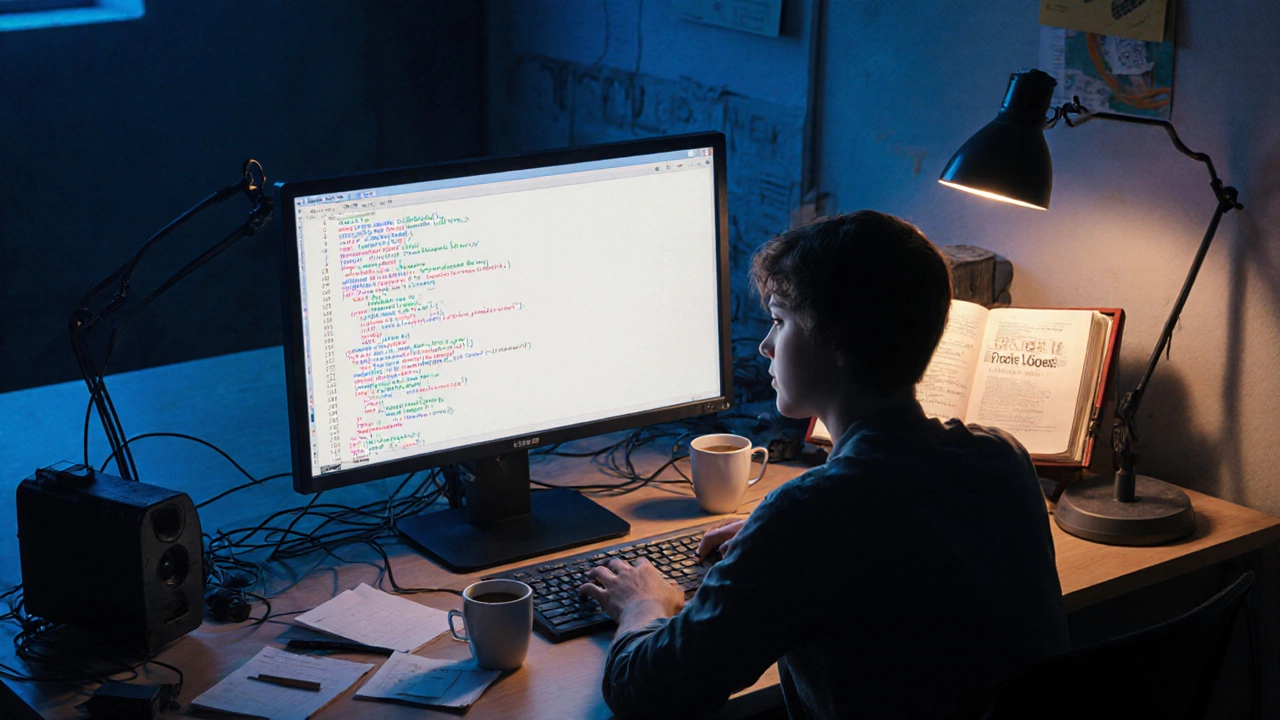Coding Challenges: What They Are and Why They Matter for Learners and Job Seekers
When you hear coding challenges, practical programming tasks designed to test logic, problem-solving, and code efficiency. Also known as programming puzzles, they are the real-world training ground for anyone learning to code—whether you’re a beginner or aiming for a job at a top tech company. These aren’t just classroom exercises. They’re what companies like Google, Amazon, and startups use to screen candidates. And they’re what freeCodeCamp, LeetCode, and HackerRank use to help people like you build real skills without a degree.
Coding challenges are tied directly to free coding, access to high-quality programming resources without cost. You don’t need to pay for bootcamps or university courses to get good at them. Sites like Google’s Python Course and CS50 give you the tools. What you need is consistency. A daily 30-minute challenge builds more than memory—it builds confidence. And that’s why so many people who learn to code for free end up landing jobs in data analytics, cybersecurity, and IT support. These jobs don’t always ask for a diploma. They ask for proof you can solve problems. That’s where coding challenges come in.
They also connect to coding interviews, structured assessments used by employers to evaluate a candidate’s ability to write clean, efficient code under pressure. If you’ve ever wondered why some people get hired without a traditional background, it’s often because they practiced these problems until they could explain their thinking out loud. You don’t need to be a math genius. You don’t even need strong math skills. You just need to understand how to break a problem down, test your solution, and fix what breaks. That’s the core of every coding challenge.
What you’ll find in this collection isn’t theory. It’s what works. Posts show you how to start coding for free, how to learn without strong math skills, and which certifications actually open doors. You’ll see how people go from zero to job-ready using nothing but practice, free tools, and persistence. These aren’t success stories from Ivy League grads. These are stories from people who started with nothing but a laptop and a goal. And if you’re ready to build your own path, the next steps are right here.
What Is the Hardest Thing About Coding?
The hardest part of coding isn't learning syntax-it's learning how to think like a machine, debug relentlessly, and keep going when things break. This is what separates beginners from those who actually ship software.
read more